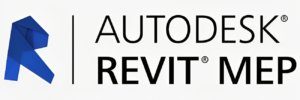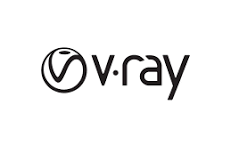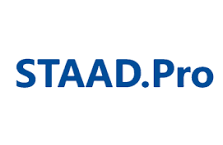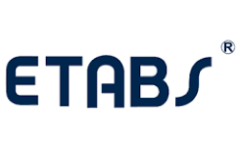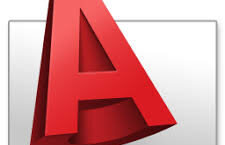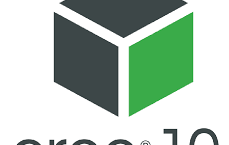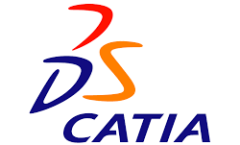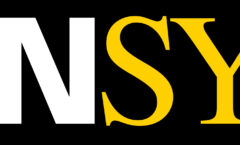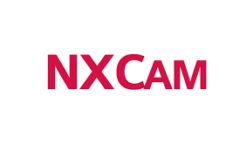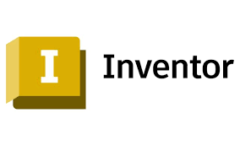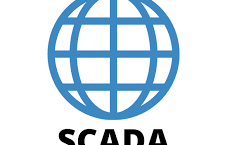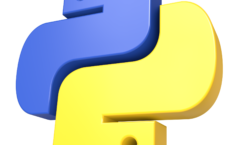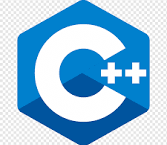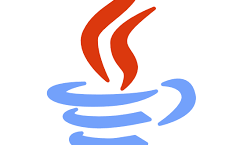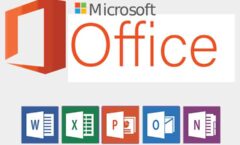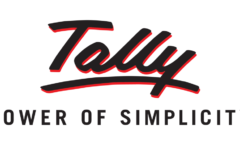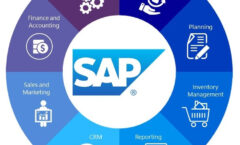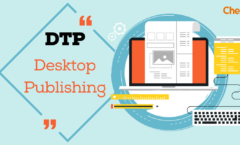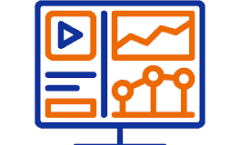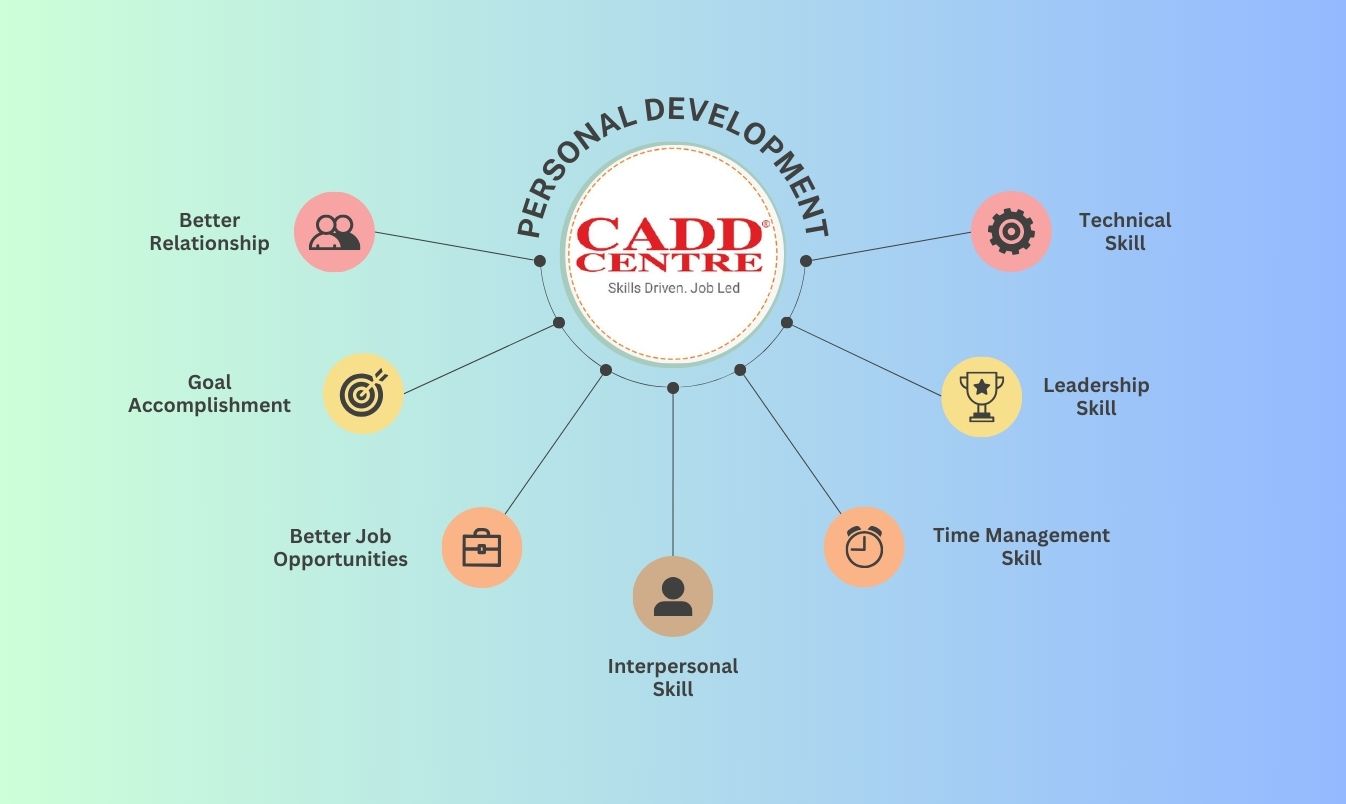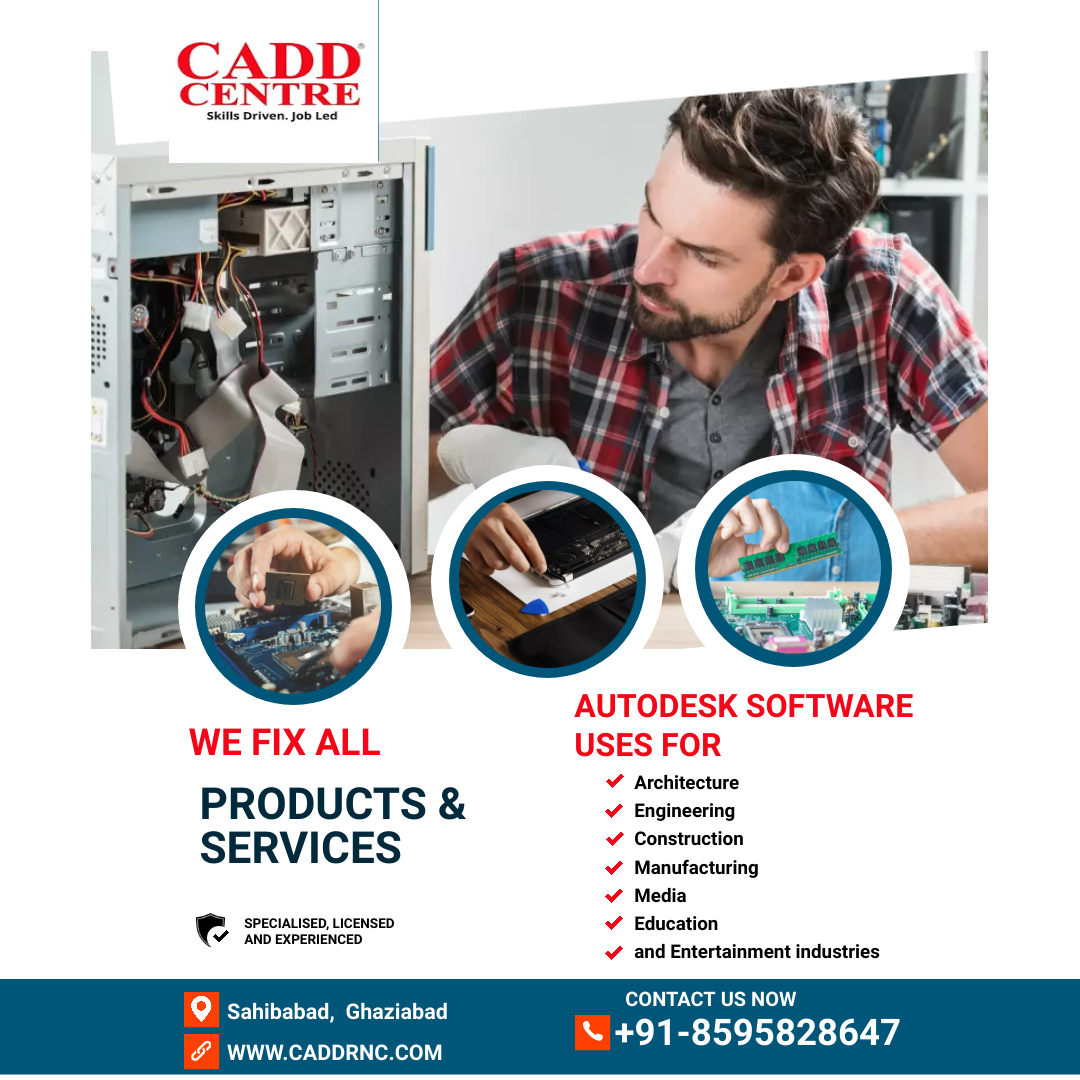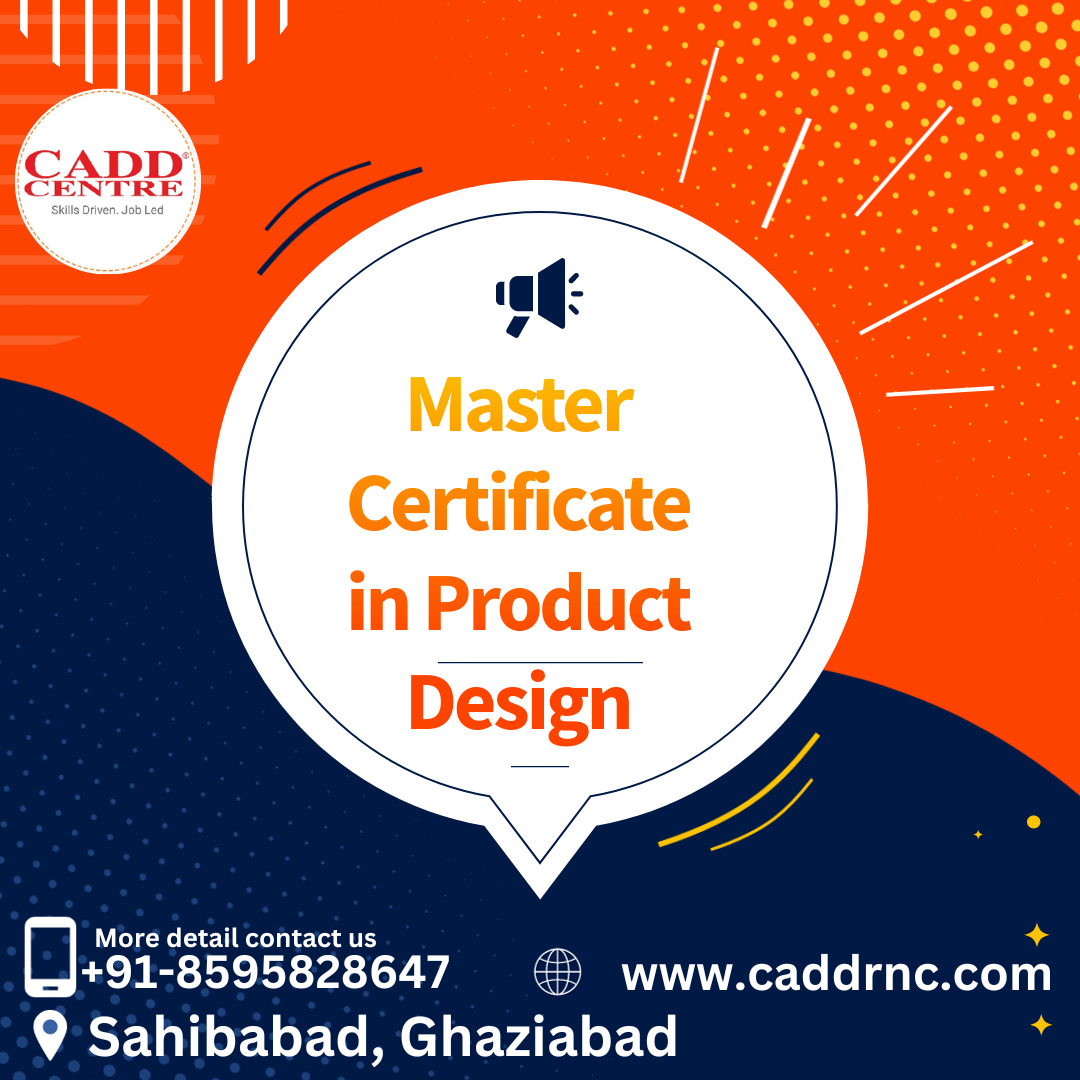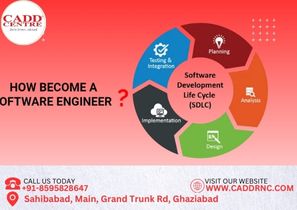C and C++
We offer following two module of the course:
Proficient Course: 80 Hours
Essential Course: 40 Hours

C and C++ are two of the most widely used programming languages in the world. Both languages have had a significant impact on software development, with C being the foundation of modern programming languages and C++ expanding on C with object-oriented programming capabilities.
Learning C and C++ equips you with the skills to tackle a wide range of programming challenges, from low-level system programming to high-level application development. Whether you’re aiming to build efficient software, design complex systems, or develop performance-critical applications, mastery of C and C++ is an essential part of your programming toolkit.
Applications of C and C++
- System Programming: Both languages are used for developing operating systems, device drivers, and system utilities.
- Embedded Systems: C is the dominant language in embedded systems due to its efficiency and low-level hardware access.
- Game Development: C++ is a preferred language for game development due to its performance and use of object-oriented principles.
- High-Performance Applications: Both languages are used for applications requiring high performance, such as real-time simulations, financial modeling, and scientific computations.
Benefits of Learning C and C++
- Foundation of Programming: Learning C and C++ provides a strong foundation for understanding more complex programming languages and concepts.
- Versatility: Both languages are highly versatile, with applications across a wide range of industries.
- Performance: C and C++ are known for their performance, making them ideal for system-level programming and applications where efficiency is critical.
- Career Opportunities: Proficiency in C and C++ opens up a wide range of career opportunities in software development, system engineering, embedded systems, and more.
Basic Syntax and Structure
- Data Types and Variables: Understanding fundamental data types (int, float, char, etc.) and how to declare variables.
- Operators: Arithmetic, logical, relational, bitwise, and assignment operators.
- Control Structures: If-else, switch-case, loops (for, while, do-while), and conditional statements.
- Functions: Defining and calling functions, passing parameters, and understanding return types.
- Pointers: Introduction to pointers, memory allocation, and pointer arithmetic.
Fill the Enquiry form and we will contact you shortly :
Start Your Professional Journey with following Courses
Architecture, Engineering and Construction>Masters Certificate In Architecture Design > Masters Certificate In Building Design > Masters Certificate in Interior Design > Masters Certificate in BIM > Expert Certificate in Architectural Design >Expert Certificate in Building Design >Expert Certificate in Interior design >Expert Certificate in BIM Production Design> Masters Certificate In Product Design >Masters Certificate In MEP Design > Expert Certificate in Product Design Information Technology > Python For Professionals >Java For Professionals >Robotic Design
Get in Touch
Address:Plot No.10, Above Burger King Restaurant, Near Metro Station, Sector-5 Rajendra Nagar Sahibabad, Ghaziabad, Uttar Pradesh 201005
Phone: +91-8595828647 , 9718824848
About Us
We are associted with CADD CENTRE , a trusted institution, enriching the careers of over 2.5 million learners worldwide technical courses . CADD CENTRE Training Services having training experience of 30 year in the field of AutoCAD(2D&3D) , Revit Architecture ,3ds Max , SoildWorks, CATIA, Ansys, Creo, STADD.PRO, C, C++, Pyhton, JAVA, Robotics Design , SketchUP, NX CAD etc.
Recent Posts
-
🌟 Start Your Journey in Design and Analysis with CADD RNC! 🌟
Are you ready to boost your engineering…
-
🌟 Bring Your Architectural Visions to Life! 🌟
✨ CASCOM 3D specializes in creating 3D-printed…



